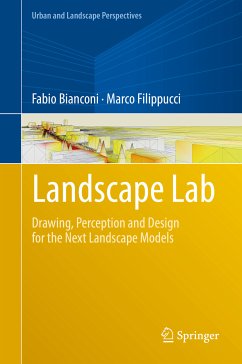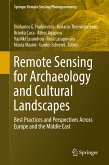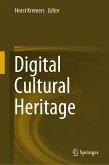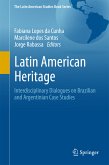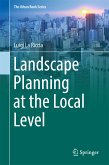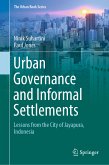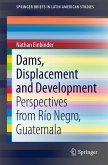This book explores the relationship between the sciences of representation and the strategy of landscape valorisation. The topic is connected to the theme of the image of the city, which is extended to the territory scale and applied to case studies in Italy's Umbria region, where the goal is to strike a dynamic balance between cultural heritage and nature. The studies demonstrate how landscape represents an interpretive process of finding meaning, a product of the relationships between mankind and the places in which it lives.
The work proceeds from the assumption that it is possible to describe these connections between environment, territory and landscape by applying the Vitruvian triad, composed of Firmitas (solidity), Utilitas (utility) and Venustas(beauty). The environment, the sum of the conditions that influence all life, represents the place's solidity, because it guarantees its survival. In turn, territory is connected to utility, and through its etymological meaning is linked to possession, to a domain; while landscape, as an "area perceived by people", expresses the search for beauty in a given place, the process of critically interpreting a vision.
The work proceeds from the assumption that it is possible to describe these connections between environment, territory and landscape by applying the Vitruvian triad, composed of Firmitas (solidity), Utilitas (utility) and Venustas(beauty). The environment, the sum of the conditions that influence all life, represents the place's solidity, because it guarantees its survival. In turn, territory is connected to utility, and through its etymological meaning is linked to possession, to a domain; while landscape, as an "area perceived by people", expresses the search for beauty in a given place, the process of critically interpreting a vision.
Dieser Download kann aus rechtlichen Gründen nur mit Rechnungsadresse in A, B, BG, CY, CZ, D, DK, EW, E, FIN, F, GR, HR, H, IRL, I, LT, L, LR, M, NL, PL, P, R, S, SLO, SK ausgeliefert werden.
Es gelten unsere Allgemeinen Geschäftsbedingungen: www.buecher.de/agb
Impressum
www.buecher.de ist ein Internetauftritt der buecher.de internetstores GmbH
Geschäftsführung: Monica Sawhney | Roland Kölbl | Günter Hilger
Sitz der Gesellschaft: Batheyer Straße 115 - 117, 58099 Hagen
Postanschrift: Bürgermeister-Wegele-Str. 12, 86167 Augsburg
Amtsgericht Hagen HRB 13257
Steuernummer: 321/5800/1497
USt-IdNr: DE450055826

